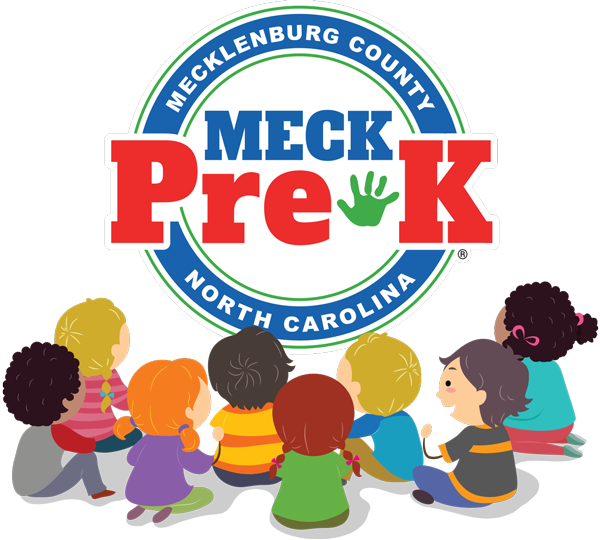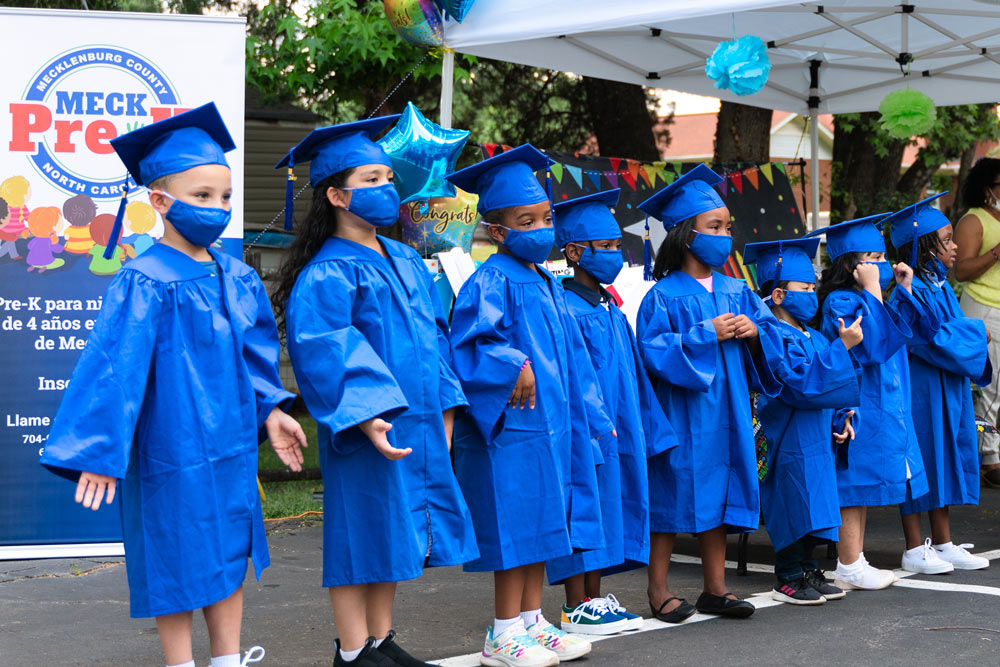Pre-kindergarten is an optional program that parents can enroll their children in, usually at age four and during the school year preceding kindergarten. Many parents opt to have their kids skip pre-k entirely, usually in an effort to save money. If you’re a parent who wonders whether pre-k is worth the time or money, we encourage you to learn more about its benefits below. We’ll explore whether or not the advantages of pre-k stack up to time and money spent, how they benefit children for the rest of their educational career, and more!
How Does Pre-K Benefit Children?
To determine whether or not pre-k is really worth it, it’s important to establish what kids learn in pre-k. Pre-kindergarten focuses on a wide array of subjects, including art, technology, pre-math, pre-literacy, speech, and more. Having a basis in all of these subjects before attending kindergarten will be of huge benefit to your child. They’ll feel more confident and may fare better than children whose parents opted not to enroll them in pre-k. In fact, there are many statistics and studies that have linked participating in a pre-k program with improved performance in kindergarten. That being said, pre-k doesn’t just focus on academic subjects. A major component of pre-k is the development and strengthening of essential skills, including motor, emotional, and social skills. Simply having the opportunity to be active with their peers or to use tools during craft time can help refine their motor skills and improve hand-eye coordination. In regard to their emotional and social skills, children who attend pre-k have the optimal environment to learn about manners, cooperation, independence, and self-reliance.
How Much Does Pre-K Cost?
How much pre-k costs depends entirely on the pre-k program. Unlike kindergarten, pre-k is completely optional. That means it isn’t always paid for on a federal or state level. There are many private programs out there you can look into to get a more accurate quote. Some counties have free pre-k programs that are publicly paid for. While priority is sometimes given to low-income households, your local free pre-k program likely welcomes all applicants. We recommend doing some research to see if your county has a free pre-k program that your child would be eligible for. Pre-k is worth it even if you have to pay for it, but not having to pay for some high-quality programs is a huge bonus!
How Long Does Pre-K Take?
Like with cost, the length of a pre-k program will vary from program to program. However, generally speaking, pre-k programs are usually the length of a normal school year. That is usually from early September to sometime in June. We recommend contacting the program you’re interested in for a more specific answer. In any case, pre-k is almost always just a one-year program, as kindergarten for most kids begins the following year.
Does Pre-K Improve Kindergarten Readiness?
As mentioned above, kindergarten readiness is a major reason that many parents choose to enroll their children in pre-k programs. Having not only a basis in several academic subjects but also improved social and emotional skills can have a significant impact on children’s kindergarten experiences. Giving your child the skills and confidence they need to thrive in kindergarten and primary school takes time. It is something you can do at home, but not without a considerable time commitment and a lot of research. In that sense, pre-k is very much worth it for parents and children, especially if it’s completely free!

